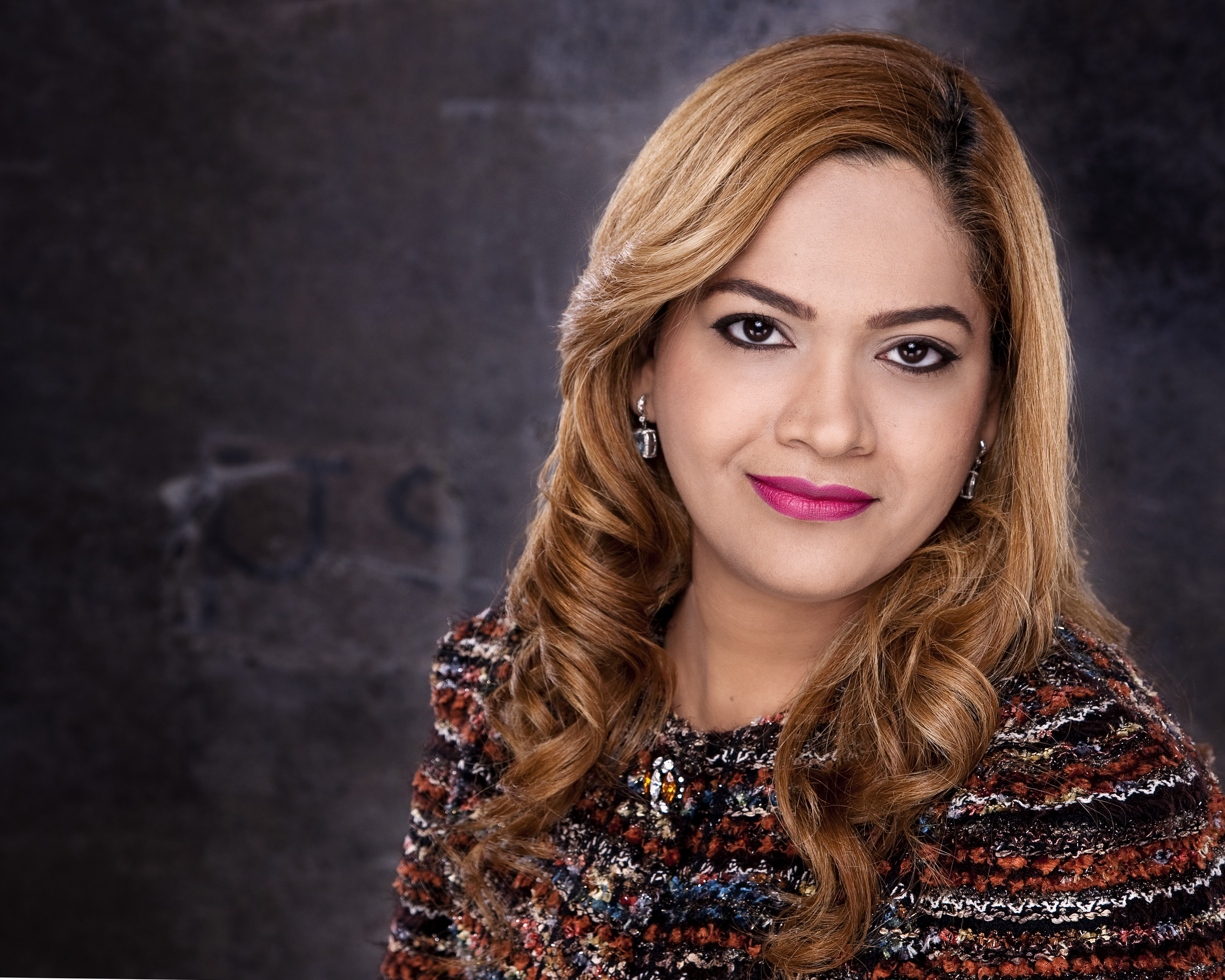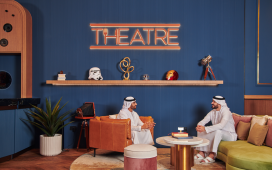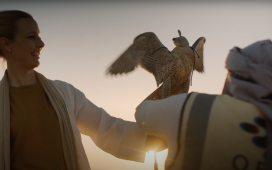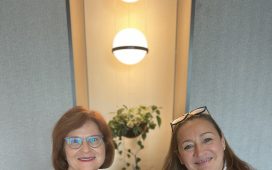
First of all, let’s speak about digital. We’ve all pivoted, but some channels have proved much more effective in terms of return on investment. The one area I’d like to emphasise is owned media. We’ve invested in assets such as blogs, podcasts and other content channels. This allows us to regularly push out various content types, boosting our search engine rankings and engaging different audiences through both organic and paid reach. And the cost has been minimal. We’ve also developed these channels and assets in-house; there’s a belief that technical design work is complex, but it’s simpler than ever to create new platforms with tools such as WordPress and SoundCloud.
The second element we’ve focused on is content creation. We need to populate the channels we’ve invested in, and it’s given us the impetus to churn out more content. Again, we’ve developed many of these skills in-house, and we’ve been supported by our agencies throughout the region. We’ve been able to triple our content output over 18 months, with a focus on thought leadership, practical examples of how we’re helping our customers in various verticals, and pieces around issues that matter to our customers and stakeholders, such as sustainability, health and safety.
We’re using a blended model, creating content in various multimedia formats that suit our channels. This has also pushed my team to pick up new skills during this period.
On the content creation side, what’s been fascinating is thinking about how we can make what we do relevant to everyone. And that’s not always easy. We’re a company that specialises in both electrical engineering and technology; we help our customers become more energy- and resource-efficient, and we provide electrical solutions in the most difficult of environments. How do you tell that story in a way that’s understood? We all use electricity; we can’t live without it. But how many of us can explain how it works, and why it’s important to become more sustainable through notions like electrification?
Our third element is storytelling – in order to explain these concepts in the simplest possible manner. We’ve reached out to who we define as “influencers” – namely academics, people who lead sustainability-focused not-for-profits, technology experts, and government policymakers – and asked them to tell their story through our channels. An example of this was last summer, when in order to mark the fifth anniversary of the UN’s Sustainable Development Goals, we asked more than a dozen people to share their thoughts on their most important goal and what they’re doing to make that goal achievable.
We’re also working with our teams internally to find good case studies that we can transform into stories for a wider audience. I’ll admit, this hasn’t been as easy as I’d have hoped. What we do, the provision of electricity and its optimisation is a basic service. And we’re increasingly focused on helping our customers become more sustainable through using technology. But, surprisingly, customers have been a little reserved with telling these stories. I hope this changes, as sustainability-related issues will be the defining issue of the next two decades. We’re seeing on a daily basis that more and more organisations in the region are prioritising this, and they now need to articulate what they’re doing, as that has wider implications for them and for society as a whole.
To sum this all up, everyone has shifted to digital over the past 18 months. But we’ve wanted to tell our story better through new channels, meaningful content and great stories told alongside others.
It’s marked us out from others in the industry, who’ve put money into advertising without really considering the content they’re pushing and its relevance. And we’re seeing strong, steady growth in our brand awareness and our lead generation. As marketers, both will always matter to my team and me. And I’m especially grateful for the test-and-learn mindset that we’ve been able to inculcate in the team with trying out new concepts such as those I’ve shared.
We’re a long way away from ending this pandemic, and there’s still much to be done. My hope is that organisations will come out of this with a better appreciation of the science and art of marketing, and the difference it makes for all our stakeholders, especially in business-to-business industries such as ours where we have a great story to tell.









